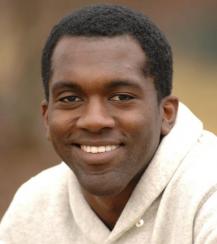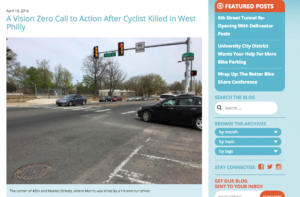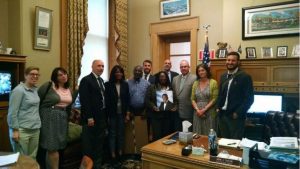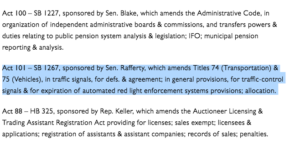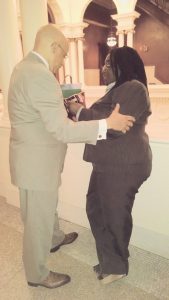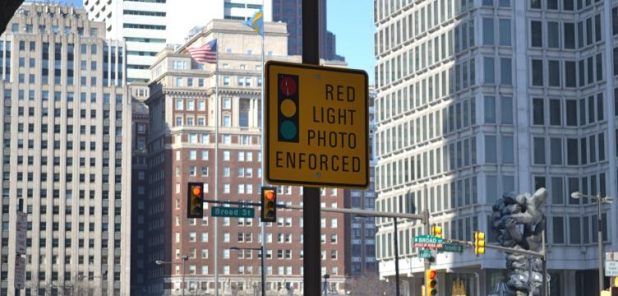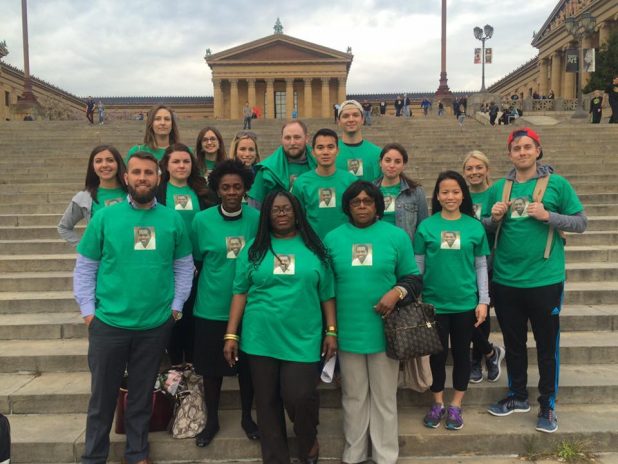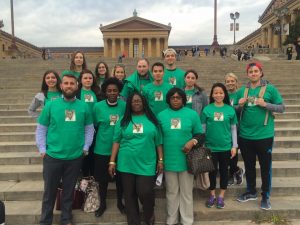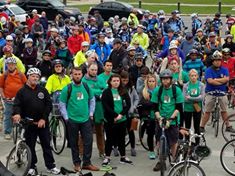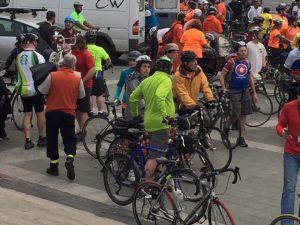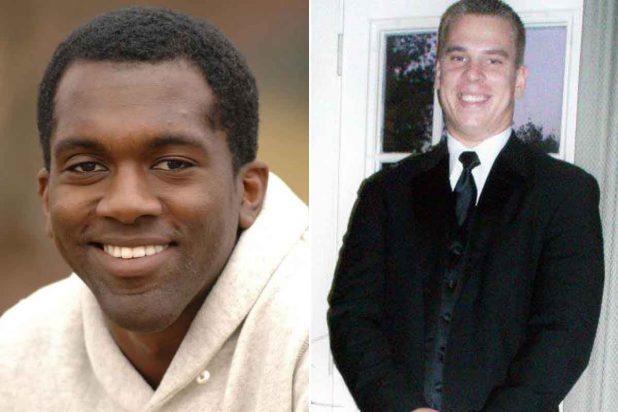
First, it was Kevin.
Competitive and outgoing Kevin Kless, who played on the Warwick Valley Wildcats baseball and soccer teams. After graduation, he left his childhood home on Laura Lane in the idyllic town of Warwick, N.Y., population 32,000, to come to Philly.
He chose Temple University for its business program. He was 23 and was working a new job at a Center City environmental insurance firm in 2012 when three men beat him to death in Old City.
When his childhood friend Jamal Morris heard the news, he took to Facebook. Charming Jamal, who lettered in football, track, and wrestling for the Wildcats. He lived four houses down from Kevin on Laura Lane and was the same age. Kevin was the first friend he made when his family moved to Warwick from Queens. They played basketball in driveways and manhunt in the woods. Now, Jamal was in Philadelphia, too, at Drexel University for engineering.
“Losing a good friend only a few houses down for me is painful enough,” Jamal wrote on Facebook. “I can only imagine how painful it is for the family that lives in that house. Pray for them.”
Now the Kless family prays for the Morris family.
In April, Jamal, by then working here as a mechanical engineer, was killed in an unsolved hit and run at 45th and Market Streets. He was 27.
Two young men from the same street in a small town 125 miles away, dead on the streets of Philadelphia, five years apart.
On Monday, I spoke to Kevin’s mother, Kendall, for the first time since the sentencing of her son’s killers. She was searching for meaning in another senseless death, but found only chilling coincidence.
Her son was killed walking home from a night out with two young women. Three guys in a car jumped him. His attackers left him in the street to die.
Jamal was killed riding home on his bike. The person who hit him left him to die as well.
But what meaning can be found in these cold circumstances, other than that life in our city can be cruel, short, and random? And that grief takes many shapes.
And that grief can unite.
In the days after Kevin’s killing, Warwick rallied for the Kless family in large ways and small. Warwickians drove 2 1/2 hours to sit with the Klesses in court. The high school athletic director placed a memorial plaque in Kevin’s honor on top of the varsity baseball dugout.
Now, he plans one for Jamal on the football field.
For Kendall Kless, the pain and anger still come in waves. Sometimes, the waves drag her down and hold her under. Other days, she feels like she is bobbing in the water. Those are the good days.
She has visited the city of her son’s murder for the court hearings of his killers – and for events for the Gift of Life Donor Program. Kevin’s organs were donated.
She has no desire to return to Philadelphia for anything else. “I don’t care if I ever step foot there again,” she said.
She cried when she saw the news of Jamal’s death. For another loss in Philly. She still lives in Warwick, but no longer on Laura Lane. She has posted a condolence note to Jamal’s mother, Channabel Latham-Morris, but understands about giving space – the space she needed after Kevin. At the last moment, she could not bring herself to go to the funeral.
After Jamal died, Channabel cried and screamed and prayed for three days. Now, she keeps moving, trying to stay one step ahead of the pain. She prays to God for guidance.
“I am going to be in pain for a long time,” she said Monday by phone. “My thing right now is to bury myself in doing good for Jamal – so he will have a legacy left behind.”
When Jamal died after two days in the hospital, his organs were donated to the same organization that accepted Kevin’s.
She has started the Jamal C. Morris Foundation, which is dedicated to bicycling safety education – and to teaching young people healthy, holistic lifestyles, the career path that Jamal, who lived in the gym when he wasn’t working, wanted to pursue.
Since burying her son, she has accompanied the Bicycle Coalition of Greater Philadelphia on two trips to Harrisburg to lobby legislators on bike safety bills.
Her grief, she said, comes in waves with the pain. Like Kendall’s.
Before hanging up, she asked for Kendall’s number. She said she was ready to talk.



